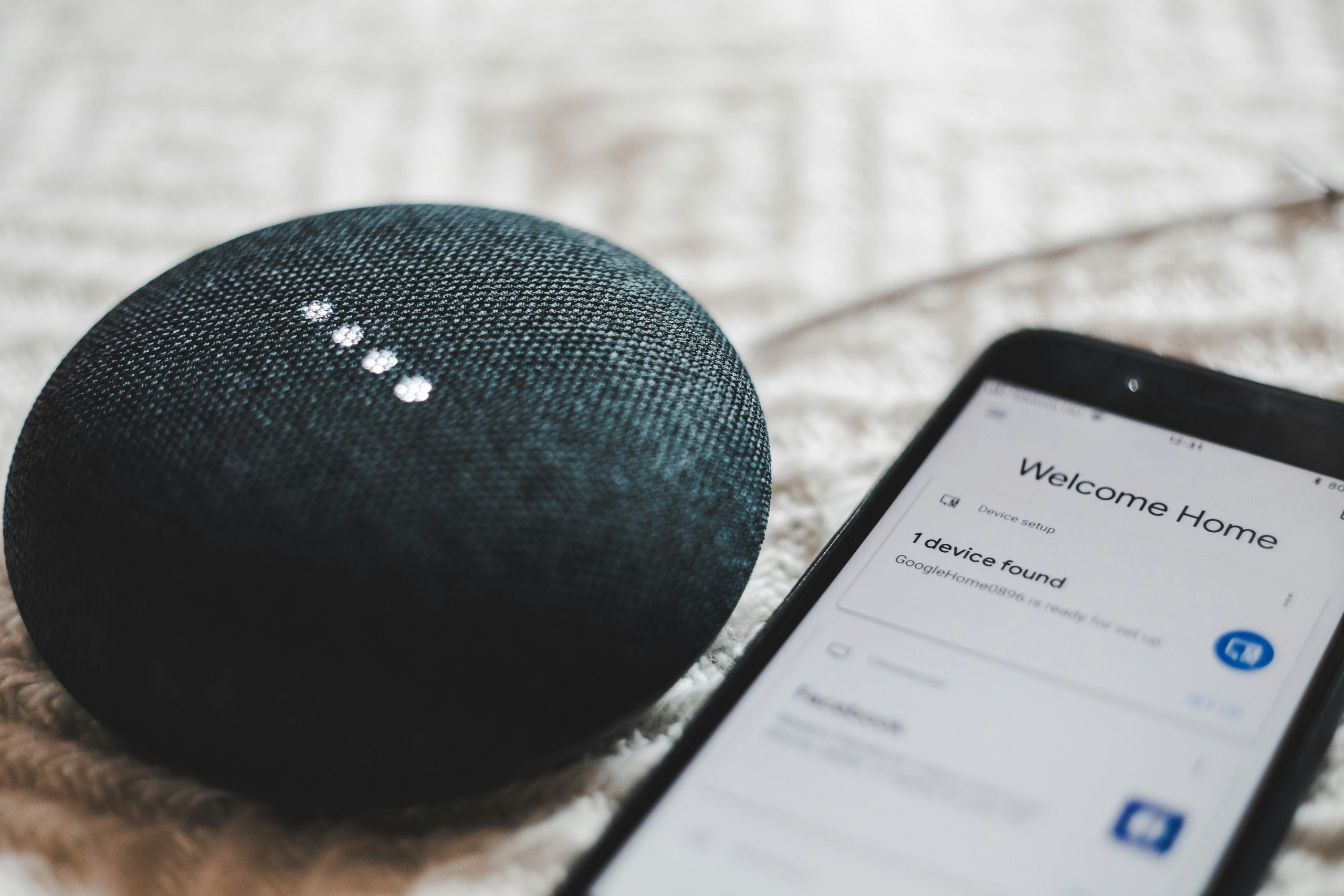Control and connectivity devices include the essential equipment that’s part of an intelligent home network of things like hubs, switches, smart speakers and plugs.
Stuff you have in your own home – smart speakers like an Amazon Echo or Google Home are perfect examples of these devices.
They’re becoming more popular across households each year, making life more convenient and efficient with the ability to control everything through your mobile phone.
The smart device market is continuing to take leaps every year and more smart displays are beginning to appear in the form of Amazon’s Echo Show and Google’s Nest Hub.
Smart Speaker market to surpass $30bn this year
The market for smart speakers is growing rapidly and it’s forecasted to surpass the $30 billion mark this year, before increasing to almost $50 billion in 2028.
Amongst the top five regional markets for smart speakers, the United States of America has experienced the quickest growth so far and will increase its share to almost $15 billion in 2028.
Amazon Echo Controls More Market Share Than Google Home (9% vs 8%)
The Amazon Echo (9%) has a slightly higher market share in the smart speakers sphere than the Google Home (8%), but both trail TP-LINK with 11% at the top.
Ring’s market share is currently valued at 6% but this is likely to increase quickly in the near future, thanks to their new doorbell technology which allows homeowners to see, hear and speak to visitors from anywhere using their phone.
By 2027 Half A Billion Homes Will Have Smart Devices
By 2026, it’s projected that over half a billion homes across the globe will have a smart device.
This means one in every eight homes will have one, a significant jump from 7.4% as of the end of 2023.
- 2023: 7.4% of households
- 2024: 9.1% of households
- 2025: 10.9% of households
- 2026: 12.6% of households
OnlyAccounts Commentary
This industry is currently dominated by smart speakers and the Amazon Echo was the first of its kind, which disrupted the smart home market’s digital economy. Now, they have competitors coming from everywhere who are looking to become your number one choice for building your smart home. The advancement of technology in the coming years will only increase this market, as well as the reach of control and connectivity devices.
